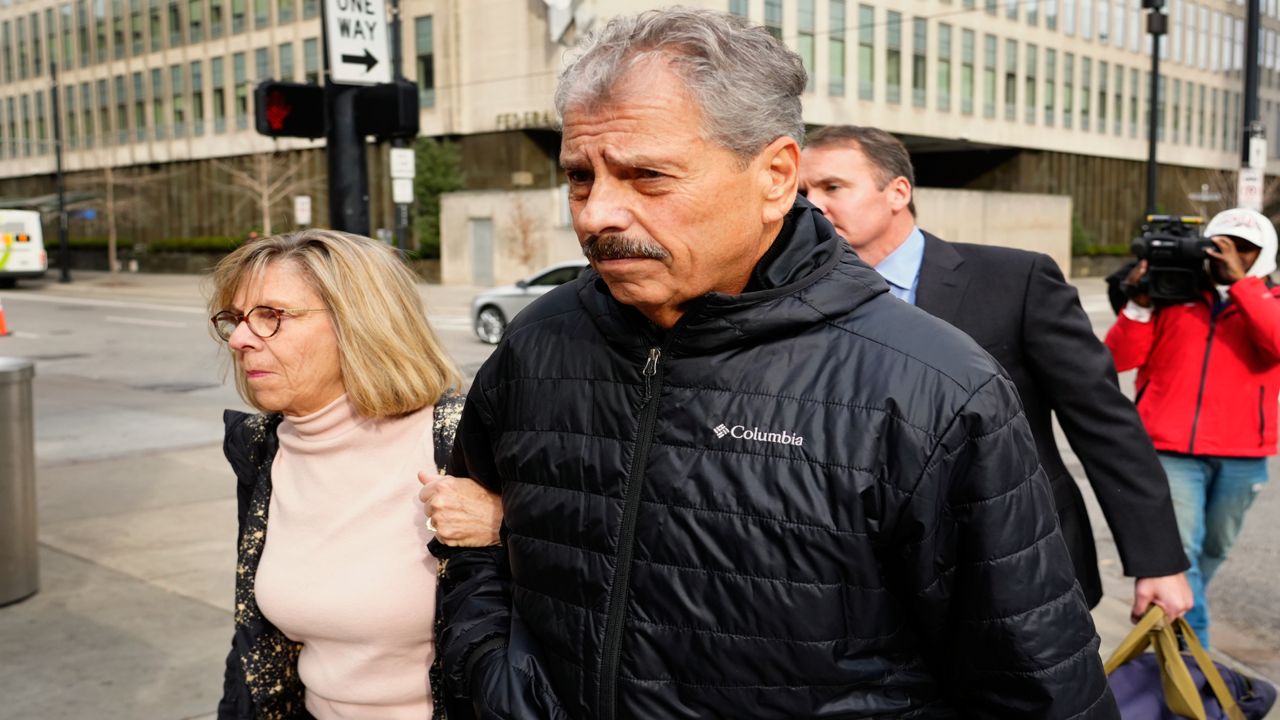COLUMBUS, Ohio — The legal dispute over whether it was appropriate to freeze $8 million in personal assets belonging to a former top Ohio utility regulator caught up in a federal bribery investigation has ping-ponged once again.
In a ruling Tuesday, the Ohio Supreme Court reversed the Tenth District Court of Appeals' decision and reinstated a lower court’s order, allowing Sam Randazzo’s assets to be frozen once again. The high court determined the appeals court erred on a technicality when it unfroze Randazzo’s property.
It's just the latest development in the yearslong fight over property belonging to Randazzo, a one-time chairman of the Public Utilities Commission of Ohio. Federal prosecutors last month charged Randazzo with 11 counts in connection with an admission by Akron-based FirstEnergy Corp. that it paid him a $4.3 million bribe in exchange for favorable treatment. Randazzo has pleaded not guilty.
Writing for the majority, Justice Pat DeWine said the three-judge panel was wrong when it unfroze Randazzo's assets in December 2022 — a decision that had been on hold amid the ongoing litigation. The panel reversed a lower court, finding that the state had not proven it would suffer “irreparable injury” if Randazzo were given control of his property.
“The problem is that the irreparable injury showing was not appealable,” DeWine wrote.
Instead, when Randazzo wanted to object to a Franklin County judge’s unilateral decision from August 2021 granting Ohio Attorney General Dave Yost's request to freeze his assets, the appropriate remedy would have been a full hearing before the trial court, the high court said. As a result, the court reversed the appellate court's decision.
Yost made his request out of concern that Randazzo appeared to be scrambling to unload personal assets. He transferred a home worth $500,000 to his son and liquidated other properties worth a combined $4.8 million, sending some $3 million of the proceeds to his lawyers in California and Ohio.
During oral arguments in the case this summer, lawyers disagreed sharply over whether the assets should have been frozen. An attorney for Yost’s office told justices Randazzo was “spending down criminal proceeds” when the attorney general moved in to freeze his assets. Randazzo's lawyer argued that the state needed more than “unsupported evidence” of a bribe to block Randazzo’s access to his property and cash.
Randazzo resigned as PUCO chair in November 2020 after FBI agents searched his Columbus home, close on the heels of the arrest of then-Ohio House Speaker Larry Householder and four others.
The bribe that FirstEnergy said it paid Randazzo was part of a scheme that a jury determined was led by Householder to win the speakership, elect allies, pass a $1 billion bailout of two aging FirstEnergy-affiliated nuclear plants and block a referendum to repeal the bailout bill.
Householder, a Republican, and lobbyist Matt Borges, a former chair of the Ohio GOP, were convicted on racketeering charges in March for their roles in the scheme. Householder, considered the ringleader, was sentenced to 20 years in prison, and Borges to five. Both are pursuing appeals.



